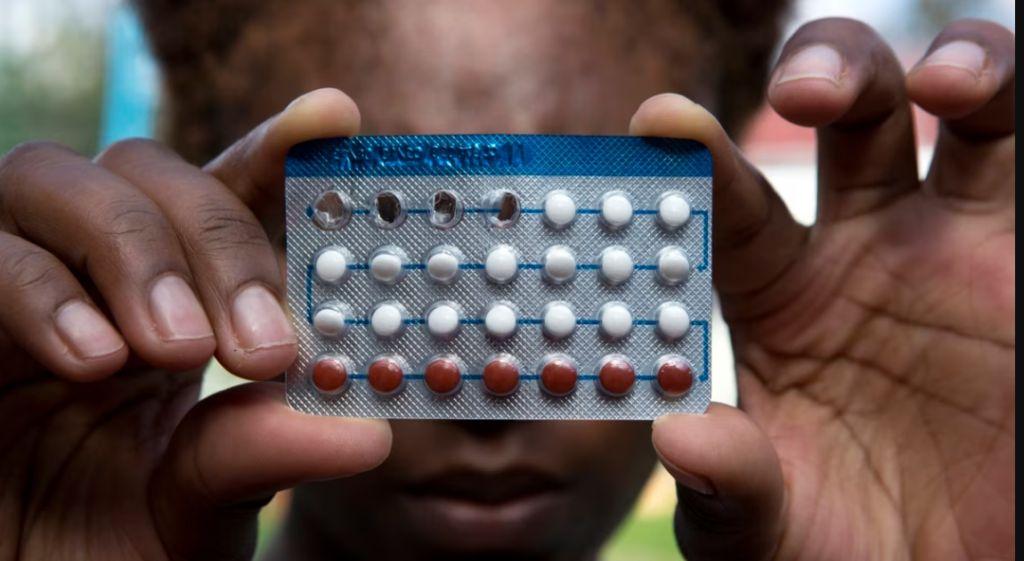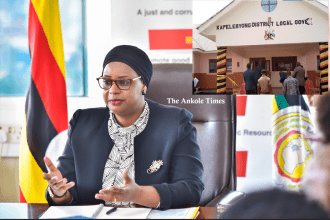MPs Express Concerns About Contraceptives for Teenagers
Members of Parliament (MPs) are engaged in a debate over a reported government plan that would permit girls as young as 15 years to obtain birth control pills. During a recent parliamentary session, Deputy Speaker of Parliament Thomas Tayebwa expressed his reservations about this policy, contending that it might be seen as endorsing sexual violence within the country.
Tayebwa, who also represents Ruhinda North in Mitooma district, argued against the proposal, stating that providing birth control for teenagers should not be considered. He expressed concerns by saying, “We pray that the devil doesn’t find his way, and such thoughts should never come into the minds of our people because it is giving up. That is formalizing defilement. That is clearly saying we have failed.”
He went on to suggest that rather than introducing such services, it would be more prudent to enhance monitoring efforts to combat this issue. He also noted that he was relieved that the policy had not yet been implemented.
Lucy Akello, the Amuru Woman MP, raised questions about whether the age of consent in Uganda had been lowered to 15 years from the current 18. She inquired about the origins of this plan and whether a study had been conducted to assess the impact of contraceptives on young girls who have not yet given birth. She shared her own concerns, saying, “Even I, who have given birth, fear those things. What about the young girls? Can you assure us that our children are safe with this policy you are coming up with?”
In response, Margaret Muhanga, the state minister for primary health care, took the floor and refuted the media reports, stating that the director of curative services at the Ministry of Health, Charles Olaro, had been misquoted. She clarified, “The director was misquoted. He made a suggestion but did not say we shall start. It is not a government policy.”
The issue of providing contraceptives to girls below the age of 18 has sparked significant interest and public debate. While some government officials and health experts argue that teenagers are sexually active and should have access to contraceptives to prevent unwanted pregnancies, those opposed to the idea believe it contributes to the country’s high HIV prevalence rates.




















